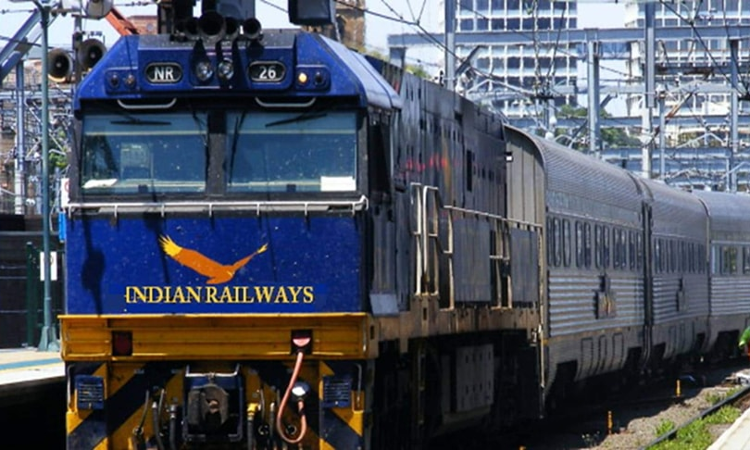The NCDRC under the Presiding Member Dr. Inder Jit Singh dismissed the Revision Petition filed by the Indian Railways holding it liable for deficiency in service. The Commission directed Railways to pay pay Rs. 4 Lakhs for the stolen goods with interest, Rs. 50,000/- for harassment, and Rs. 10,000/- for litigation expenses as it violated several of its duties which have been prescribed...

